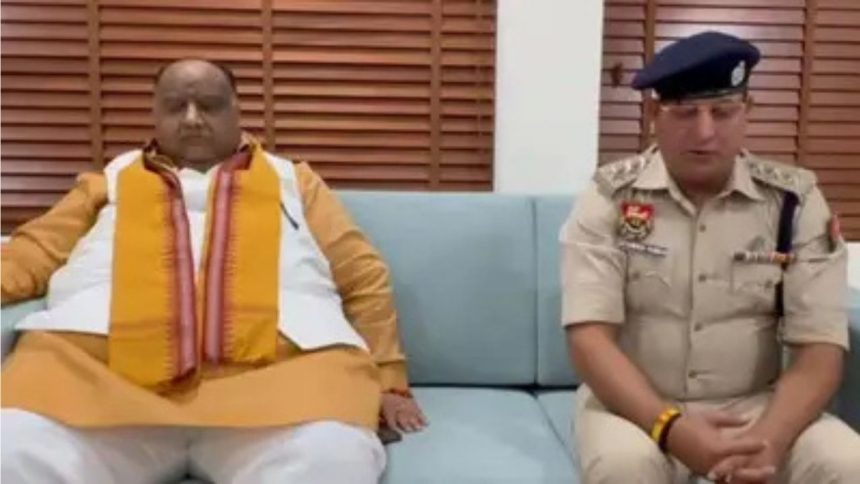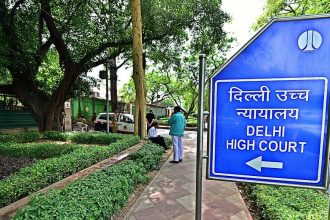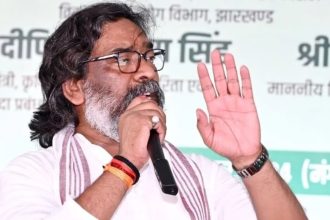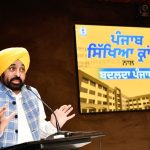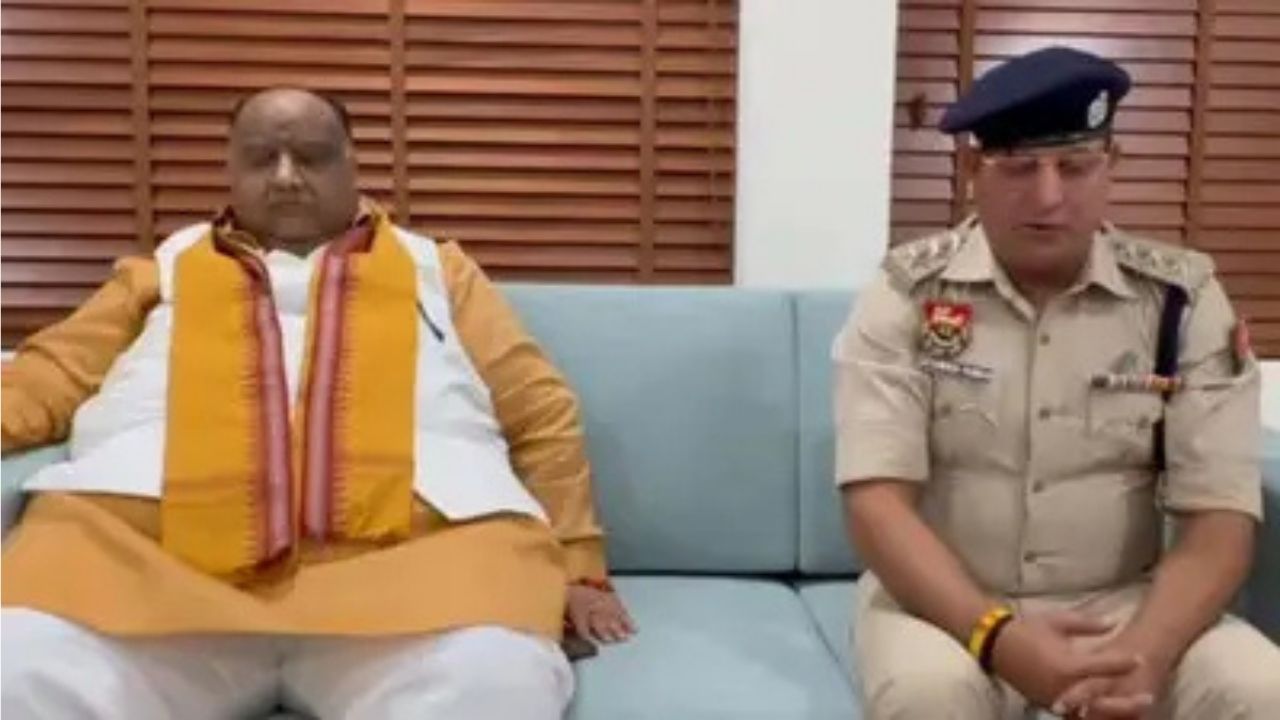
Chandigarh: A video showing Haryana’s DSP Jitender Rana apologising to Manish Singla, son of former Odisha Governor Prof. Ganeshi Lal and a BJP state executive member, has stirred considerable discussion within the state’s police force and political circles.
The video, posted by Singla on social media, captures the DSP reading from a written apology at Singla’s residence. “I had no intention to insult him… If he felt hurt, I sincerely apologise,” Rana says in Hindi, in the one-minute clip. He adds that he could not recognise Singla during CM Nayab Saini’s anti-drug cyclothon event in Sirsa on Sunday, where DSP Rana was on law-and-order duty.
Eviction from CM’s stage triggered backlash
The controversy erupted after a video surfaced showing DSP Rana denying Singla access to the stage where the Chief Minister was present. Singla, a businessman and BJP functionary in Sirsa, was allegedly stopped after not being recognised by the officer.
The outraged local BJP leaders called for strict action against the DSP.
DSP’s apology after political intervention
According to media reports, senior BJP leaders intervened and convinced CM Saini to instruct the police officials to apologise. Following this, DSP Rana visited Singla’s home and publicly expressed regret.
Cops divided over the apology
The public apology has raised eyebrows within the police establishment. A TOI report quoted a senior officer on anonymity saying that such gestures could demoralise the force, especially when made to political leaders without Constitutional positions.
Former Haryana DGP M.S. Malik also criticised the handling of the situation. “This was a minor issue that could have been resolved quietly. Making a public apology video sets a bad precedent for uniformed personnel,” he reportedly said.
Matter settled now, says Singla
Manish Singla, meanwhile, declared the matter closed. “After the apology, I have no complaint. I am thankful to the BJP and CM for their support,” he said, reiterating his respect for the police.
The incident, however, has fuelled a debate over protocol, political influence, and the morale of law enforcement in high-profile public events.


